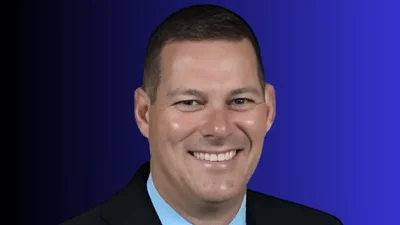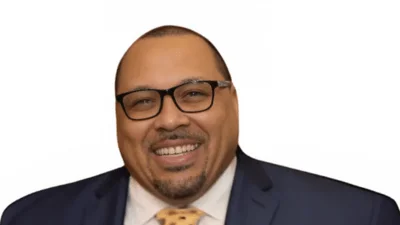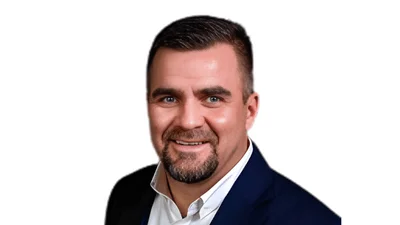Dan Yost | Contributed photo
Dan Yost | Contributed photo
Republican state House hopeful Dan Yost wonders how much more Gov. J.B. Pritzker thinks already stressed out small business owners can take.
“Right now is the worst time to raise taxes, especially on small businesses that were shut down and lost revenues for months,” Yost told the Lake County Gazette.
Now running against incumbent state Rep. Joyce Mason (D-Gurnee) in the 61st District, Yost fears the governor getting his way with his long supported progressive tax will only make matters worse. A new Illinois Policy Institute analysis projects that small businesses across the state soon could be forced to pay as much as a 50.3% marginal income tax rate should the tax appearing on the Nov. 3 ballot in the form of a referendum question garner the support it needs for passage. Ignoring growing warnings from many that the tax stands to handcuff small business owners even more, the governor continues to push his signature proposal as one that will only mean higher tax rates for the state’s most affluent residents.
At around 60% of net job creation, small business owners currently rank as the state’s biggest job creators. But those numbers could soon be on the decline, with researchers finding an increase in the top marginal tax rate could mean a slide in the hiring practices of entrepreneurs and slumping earnings for workers.
Yost has long been a vocal critic of the tax the governor has been promoting since his days on the campaign trial.
“It is going to make more of a difference, just not a good one,” Yost added. “It’s a bad tax at a really bad time and I believe it will devastate our economy. If we had people flocking to Illinois for the booming economy, the great jobs and low cost of living this would still be a bad idea.”
Yost argues Democrat lawmakers made many of the same claims they’re making now three years ago when they joined to enact a record-setting permanent income tax hike that raised personal and corporate rates by an average of nearly 33%.
“The more money Springfield has to spend, the more people, businesses and organizations are dependent upon the government,” he said. “When you try and rein in spending, someone or some group is going to be upset that their funding was cut and that could endanger a politician’s chances for re-election. Figuring out how to fix our problems here in Illinois is simple but actually fixing them is hard and it takes courage and time and the acknowledgement that we have a problem to begin with.”






 Alerts Sign-up
Alerts Sign-up